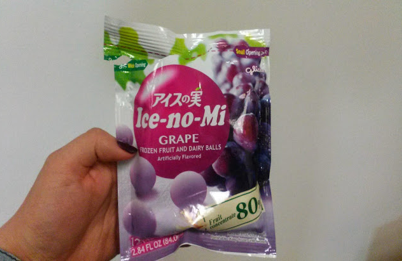Gary Osborne, Insght & Brand Planning Specialist, Strategic Insight & Planning, Bord Bia – The Irish Food Board
The basic functionality of food packaging is well established- to maintain the freshness, quality and integrity of the product inside on its journey from producer to consumer. In recent years a new fear of plastic has come into the consumer’s decision-making process driven by trends such as not wanting to fill our oceans with waste leading to lower plastic packaging solutions but to what extent has our newfound fear of contamination reversed our environmental sensitivities and how long-lasting will the effects of this be?
Less PET more PEF?
Companies such as AVANTIUM have been to the fore in their development of alternatives to PET- the standard packaging used in many of the food products we consume. PEF is a 100% plant-based, 100% recyclable, and degradable plastic with clear advantages over its traditional counterpart. Irish companies such as Global Hydrate have capitalized on this trend by being the first Irish manufacturer of a consumer water product in packaging that is 88% plant-based.
Food hygiene will be increasingly important as we focus on reducing the amount of things we touch. One brand to watch in this space is Glico Ice Cream Balls from Japan. According to the manufacturer, the packaging can be ‘ripped a little to remove one ice ball at a time making it possible to consume without touching the product itself’. Reassurance is key here. Consumers will seek out solutions that make them feel safe including choosing low and no-touch solutions. There’s also increasing knowledge of how long the virus lives on different surfaces leading some manufacturers to move towards sustainable paper and paperboard packaging and away from plastic on which COVID 19 is thought to have a longer survival time.
Another example from Japan is drinks giant Suntory which continues to innovate with bio-based plastics and has plans to move to a 100% bio-based solution, using renewable and readily available non-food biomass materials. The process is less expensive compared to traditional bio-based processes and therefore more commercially viable than ever before.
In spite of our current predicament consumers’ fears about the impact they have on both their own environment and the planet generally have not gone away. Bord Bia’s Consumer Lifestyle trends study reminds us of the desire for Responsible Living. Consumers are being encouraged to balance both sustainability and safety when making purchases. Plant-based materials are likely to see their appeal grow in the near future by offering the best of both worlds.
REFERENCES:
WILL COVID-19 CAUSE SHOPPERS TO TRASH THEIR
ECO VALUES?
Source: Canvass 8, July 2020
COVID-19 makes people value hygiene over sustainability
Source: Canvas 8, April 2020
How will the COVID-19 crisis impact the packaging sector?
Source: Packaging Europe, April 2020










